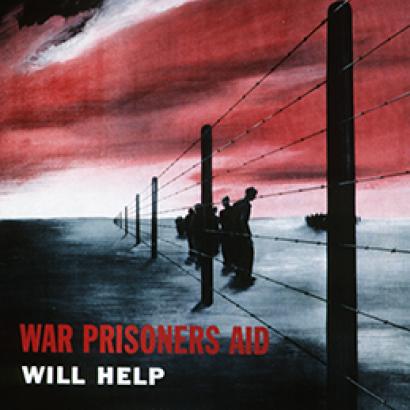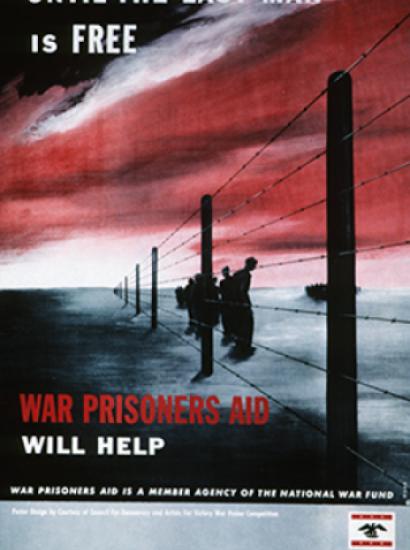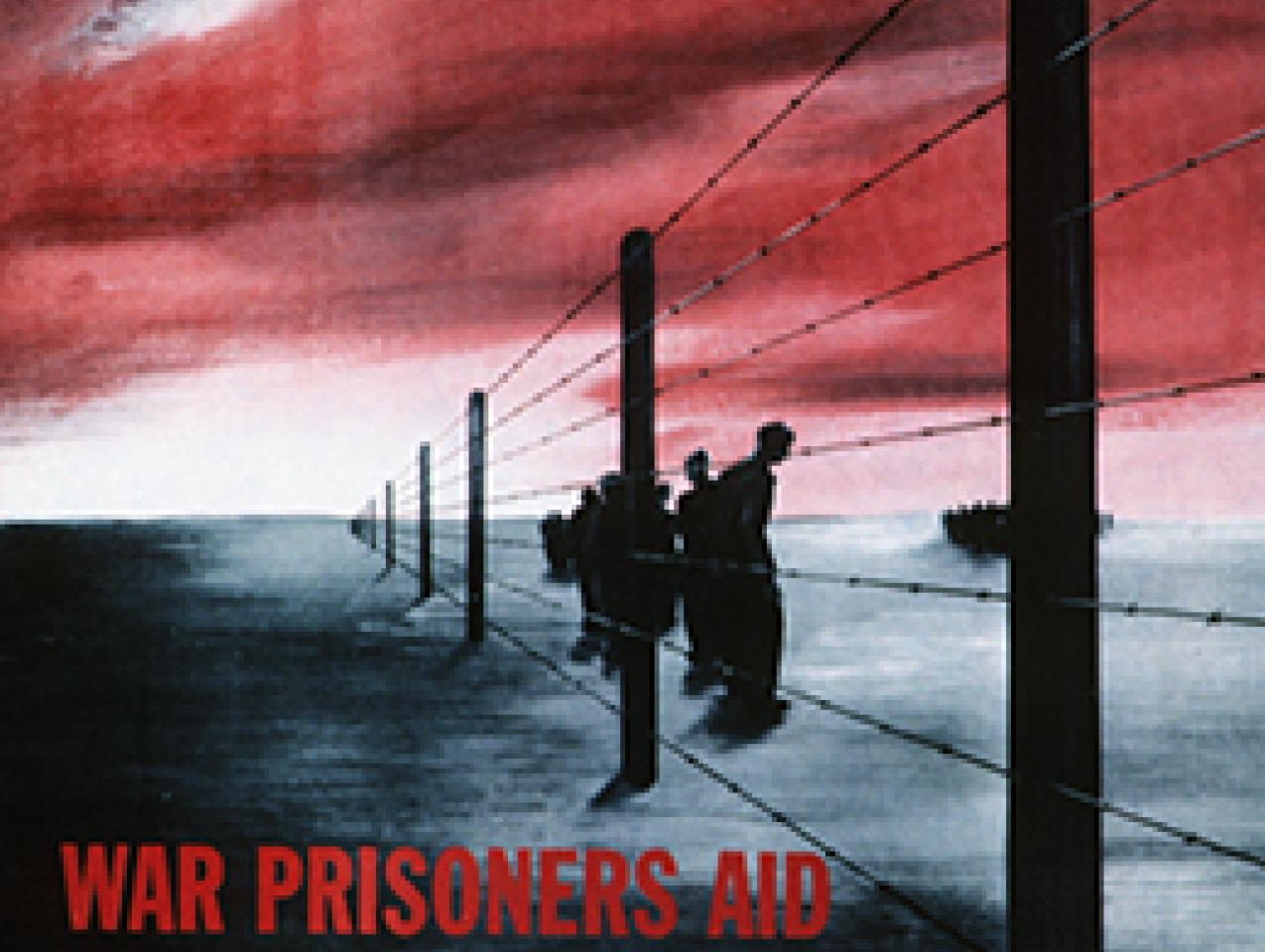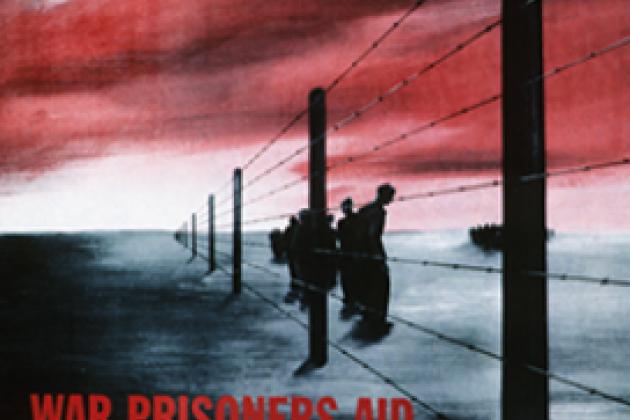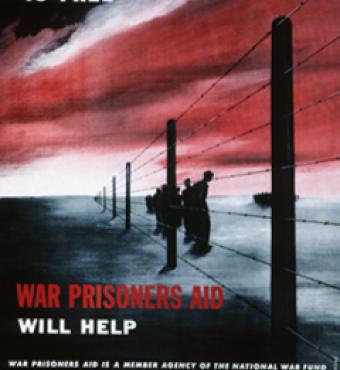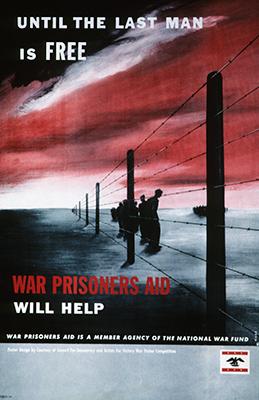- History
- Military
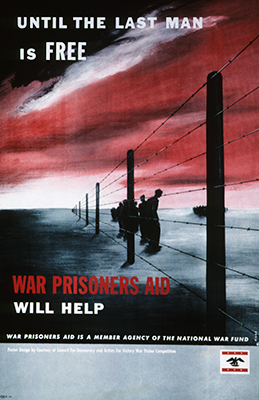
A few weeks ago in Afghanistan, the Taliban handed over one American and one Australian citizen in exchange for three high-level Taliban prisoners, including a leader of the notorious Haqqani terrorist network. President Trump praised the swap, tweeting (November 20, 2019, 1:45 p.m.), “Let’s hope this leads to more good things…” The reaction by the Congress and the mainstream press in America was muted but positive in tone.
Since the founding of our nation, our presidents and Congress have publicly affirmed opposition to negotiating with terrorists, or paying tribute or ransom, or exchanging prisoners. And time and again, we have done the opposite. In 1801, the Pasha of Tripoli seized American merchant sailors and demanded ransom. President Jefferson dispatched a naval force and U.S. Marines to free the imprisoned sailors. However, four years later, the United States did pay ransom for the release of some other merchant sailors. Tribute payments to the pirates of the Barbary States continued until 1815, when the U.S. Navy defeated the pirates and enforced a binding treaty.
Fast forward two centuries. In 1981, President Jimmy Carter released a hold on Iranian assets in the hope that the Iranians would reciprocate by handing over the dozens of Americans they had imprisoned for three years. In 1986, President Ronald Reagan approved the covert transfer of weapons to Iran in an effort to free seven Americans being held in Lebanon by Hezbollah. In 2014, President Obama authorized the release of five Taliban leaders in exchange for the Army deserter Bowe Bergdahl. Yet the next year, the White House issued a Presidential Directive stating, “It is United States policy to deny hostage-takers the benefits of ransom, prisoner release, policy changes, or other acts of concession.” Then in 2016, the Obama administration secretly flew $400 million in cash to Iran. After the plane landed, Iran released four Americans it had imprisoned. Surely this was not a coincidence.
While the ambiguity and contradictions are understandable, the record is clear. Administration after administration has said one thing and done another to secure the release of Americans being held hostage. England is similarly ambivalent, while, inter alia, France, Germany and Italy are more open about cutting deals with terrorists.
After President Trump approved the November prisoner swap, Secretary of State Mike Pompeo said, “Any payment to a terrorist or a terrorist regime gives money so that they can seize more of our people. We cannot accept that risk.” Surely, however, the risk that more Americans will be seized exists equally when the hostages can be exchanged for the release of imprisoned terrorists.
The terrorists freed from prison did not renounce their merciless ideology. This was true both in the Bergdahl swap in 2014 and the swap last month. The nub of any exchange, be it money or convicted terrorists, is the human cost that will follow. The tradeoff is that other innocents will be murdered after the exchange when the released terrorists resume killing.
This is not to argue that prisoners should not be swapped. Several Americans are still being held hostage by terrorists and by Iran and other states. How many terrorists should be exchanged for one American? One fundamental question should weigh heavily in every case: by releasing these terrorists, how many innocent deaths will follow?







